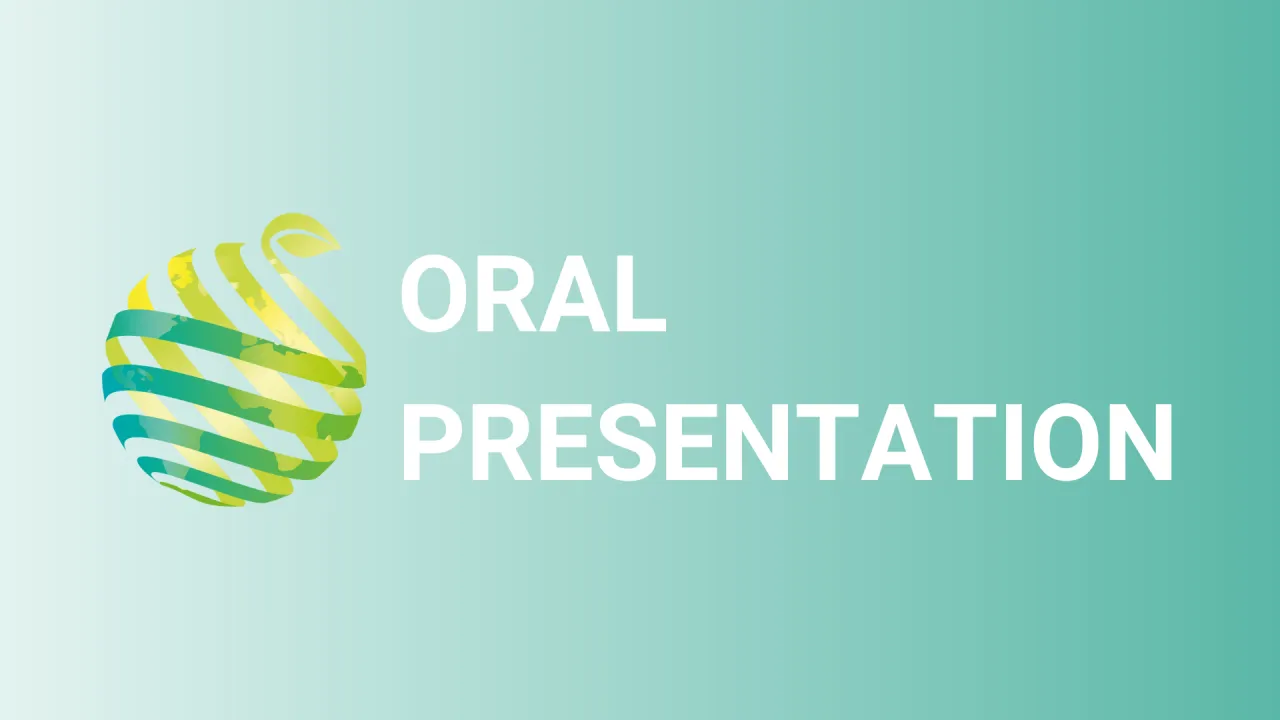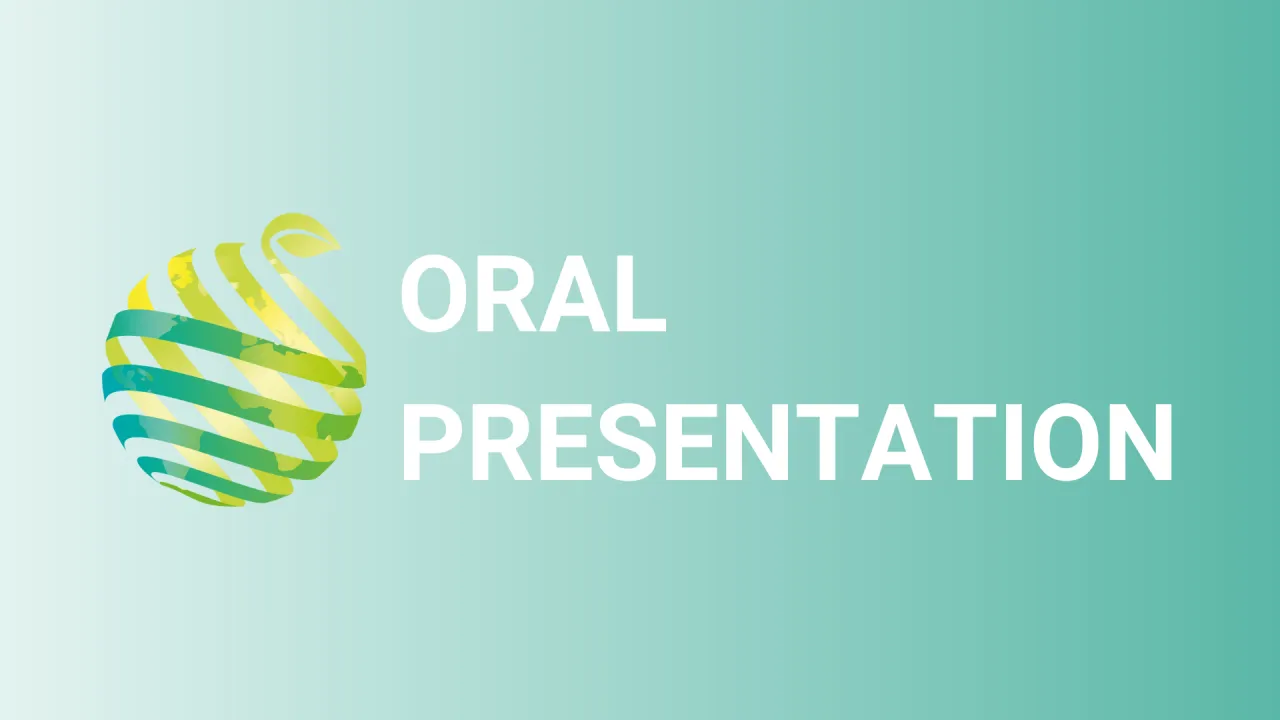

S02 - Session O3 - Conservation of apple genetic diversity stock in Kazakhstan as a basis for environmental protection and economic growth
Information
Authors: Allison Brown *, Marina V. Urazayeva, Saule Zh. Kazybayeva, Yuliya M. Yefremova
Apples originated in foothills of the Dzhungarskiy Alatau, an area mostly encompassed by modern Kazakhstan. There, the Sievers apple, the ancestor of the domestic apple, is still found in the wild. Kazakhstan's genetic diversity, with regard to Malus and related species, is a vital world resource. Apple collection and conservation began about 5000 years ago and, today scientists in many nations collect and study apples. Since the 1940s, when Kazakhstan was part of USSR, the Kazakh national apple collection has been held at the Pomological Garden outside Almaty and at a satellite garden in the mountain city of Talgar. Kazakh scientists continue to work on genetic identification and preservation through programmes at several research institutes of the National Agrarian Science and Educational Centre (NASEC), a number of regional universities, and various facilities of the Kazakh Ministry of Agriculture. Recent work has focused on modernizing and expanding gene banks, strengthening academic research including biotechnology applications, and on promoting international scientific exchange. We propose to move this agenda forward into the regional economic development and environmental protection initiatives. Tree planting schemes for erosion control, water conservation, carbon sequestration, and greatly expanded commercial fruit and nut production, are part of the national development plan for Kazakhstan and will require many millions of saplings of multiple species. Vigorous programmes have been initiated for: identification of promising apple cultivars for different markets and different microclimates; introduction of identity-verified virus-free planting materials produced by local growers; development of new technologies of rootstock-scion affinity prediction for intensive apple cultivation; and, the integration of apples and other valuable trees into programs of economic reforestation. Through these programmes, we intend to build demand for Kazakh apples, rootstocks, and planting materials and to support growers, scientists, and apple-loving consumers.